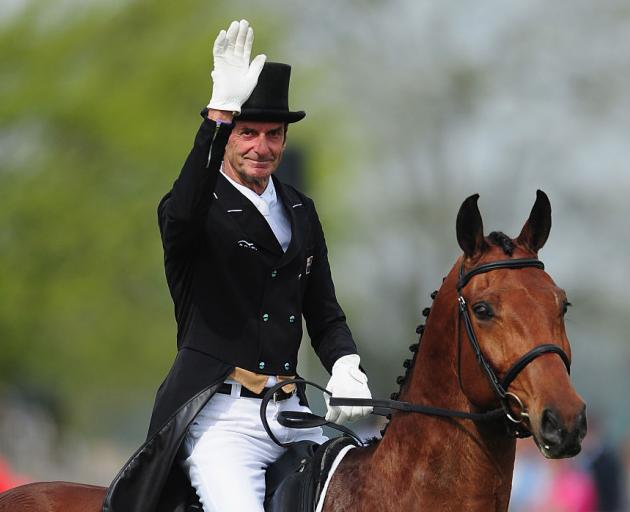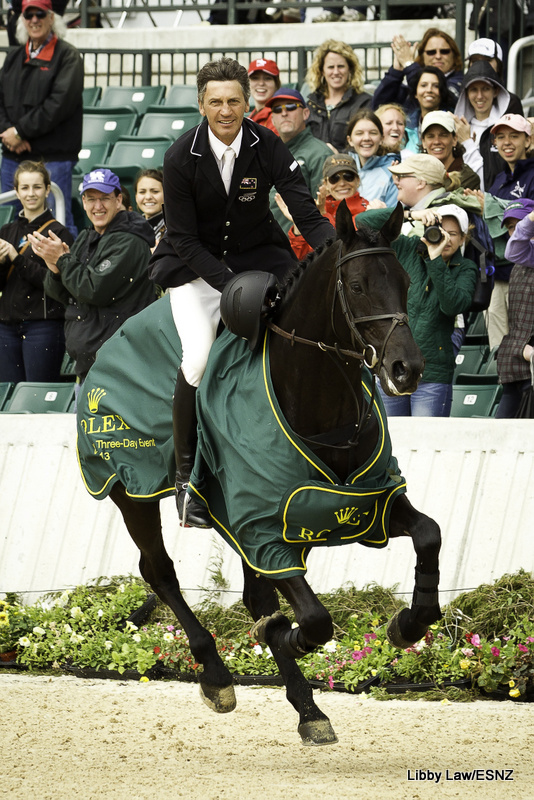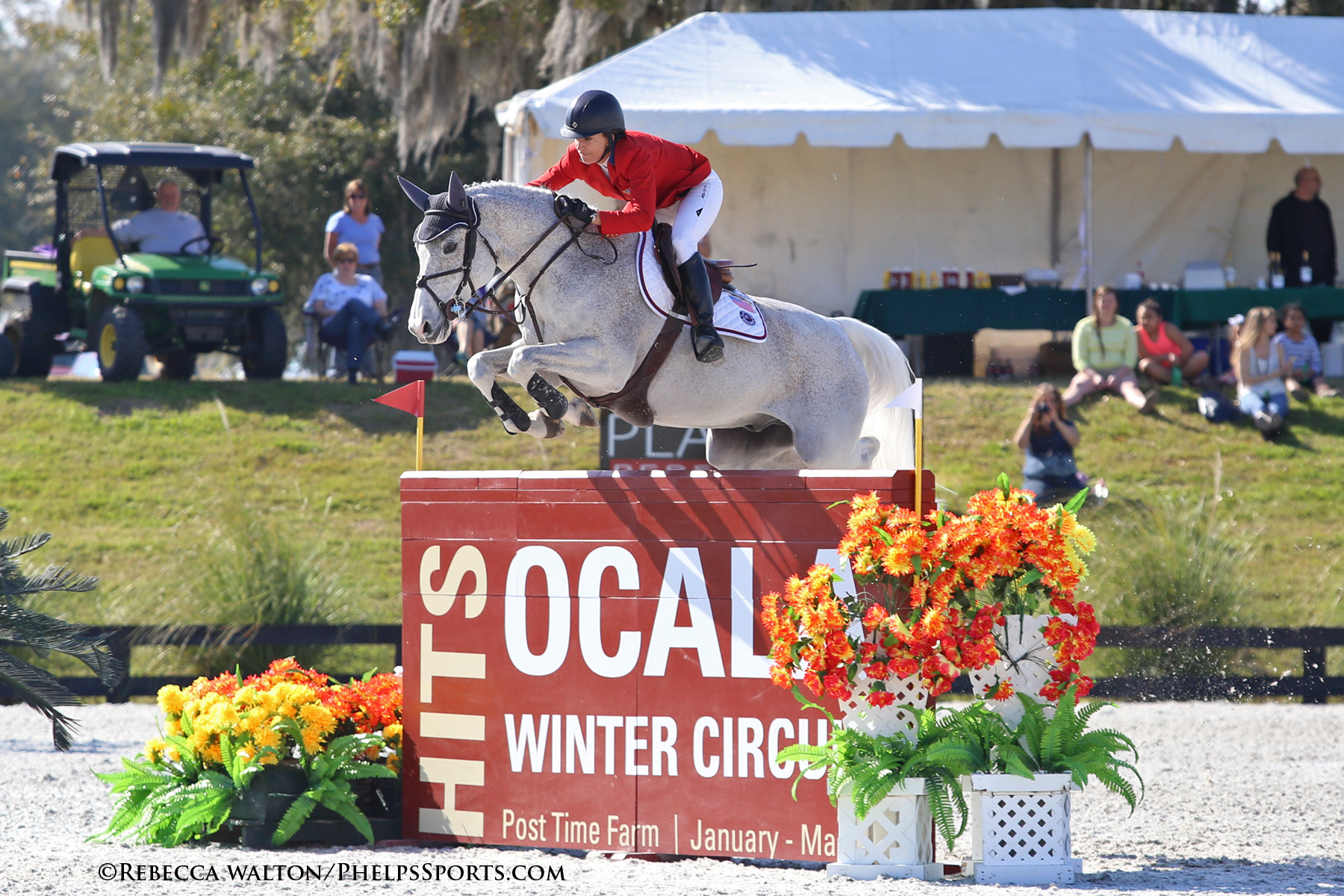Retirement Planning for Eventing Horses

Eventing horses, known for their versatility and athleticism, require thoughtful retirement planning to ensure their well-being after their competitive careers end. This article explores key aspects of retirement planning, including health care, suitable activities, and financial considerations.
Understanding the Need for Retirement Planning

Eventing is a demanding sport that combines dressage, cross-country, and show jumping. The physical and mental toll on horses necessitates a well-structured retirement plan to maintain their quality of life post-competition.
Key Components of Retirement Planning
| Component | Description |
|---|---|
| Health Care | Regular veterinary check-ups, dental care, and appropriate nutrition tailored to aging horses |
| Suitable Activities | Light exercise, trail riding, or pasture turnout to keep horses active without strain |
| Financial Planning | Budgeting for ongoing care, potential medical expenses, and suitable retirement facilities |
Health Care for Retired Eventing Horses
- Veterinary Care: Regular health assessments to monitor for arthritis, laminitis, or other age-related conditions.
- Nutrition: Diet adjustments to prevent obesity and support joint health.
- Dental Care: Maintaining dental health to ensure proper eating and comfort.
Suitable Activities Post-Retirement
Retired eventing horses benefit from activities that keep them engaged and healthy without the intensity of competition:
- Leisure trail rides
- Light groundwork or training
- Pasture turnout with companions
Financial Considerations
Planning financially for retirement includes:
- Estimating annual care costs
- Setting aside emergency funds for unexpected health issues
- Considering insurance options
Frequently Asked Questions (FAQ)
Q1: At what age should an eventing horse retire?
A: Most eventing horses retire between 15 and 20 years old, depending on their health and performance.
Q2: Can retired eventing horses be retrained for other disciplines?
A: Yes, many horses transition to less demanding disciplines like dressage or pleasure riding.
Q3: How can I ensure my horse’s mental well-being after retirement?
A: Providing companionship, regular interaction, and suitable activities helps maintain mental health.
Retirement planning for eventing horses is essential to ensure they enjoy a comfortable, healthy, and fulfilling life after their competitive days. Proper care, activity management, and financial planning are key to a successful transition.
